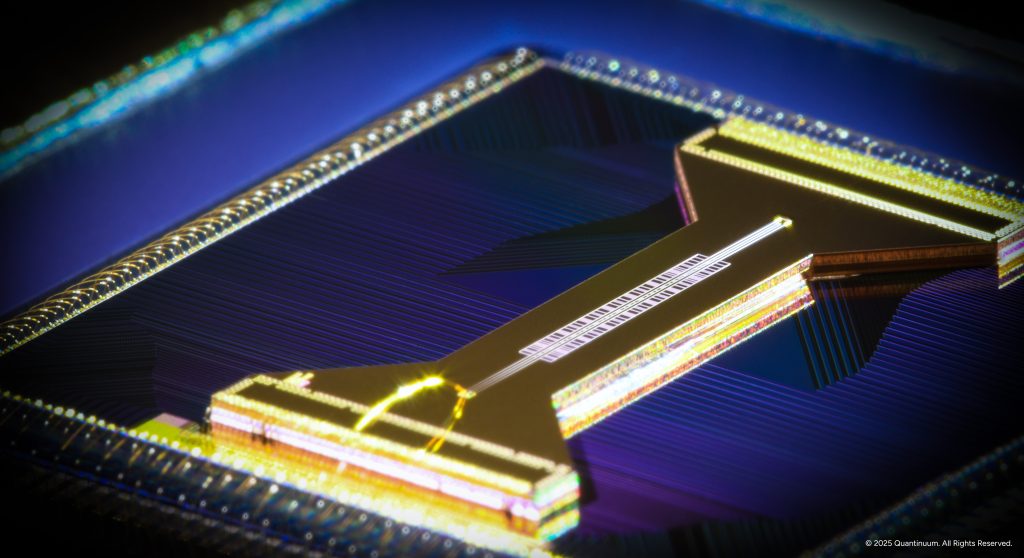
- This event has passed.
TYC Industry Focus Afternoon: “Quantum computing in materials and molecular sciences”
8 October 2025 @ 3:15 pm – 5:15 pm
Computational chemists in industry. An opportunity for Knowledge Exchange and networking between the TYC and industry, and for us to find out about modelling opportunities outside of academia. The event will feature three short talks followed by a panel discussion.
Schedule:
15:15 Near-term quantum algorithms for many-body physics and material sciences: a path towards quantum utility – Ivano Tavernelli – IBM
15:55 InQuanto: Quantum Chemistry on Quantum Computers – Gabriel Greene-Diniz, Quantinuum
16:35 Quantum Computing in Industry: Towards materials and chemistry simulation on near-term quantum devices – Abhishek Khedkar, Phasecraft
17:15 Refreshments in the cafe on the ground floor Roberts Building Foyer G02
Near-term quantum algorithms for many-body physics and material sciences: a path towards quantum utility – Ivano Tavernelli – IBM
Quantum computing is emerging as a transformative paradigm, offering solutions to problems that are intractable for classical computers. This potential is particularly pronounced in many-body physics, quantum chemistry, and materials science, where the exponential complexity of classical methods can be efficiently addressed by quantum computing. Recent advancements in quantum technologies indicate that significant progress in these fields is achievable even with near-term noisy quantum computers. To realize this potential, noise-resilient quantum algorithms and error mitigation strategies have been developed and integrated into hybrid quantum-classical workflows, fostering a productive interplay between quantum and classical computational platforms.
In this talk, I will present recent advancements in quantum algorithms for many-body physics and quantum chemistry, emphasizing their relevance to near-term quantum computing. Key topics include error mitigation strategies critical for achieving accurate, utility-scale results, such as probabilistic error cancellation (PEC) and tensor network-based error mitigation (TEM). Additionally, embedding techniques that integrate quantum electronic structure methods with density functional theory will be discussed and dynamical mean field theory, enabling efficient problem partitioning while maintaining high accuracy.
These methods will be demonstrated through case studies on the computation of ground and excited-state properties in molecules and solids, as well as simulations of quantum dynamics. Finally, I will evaluate the performance of recent hardware calculations using IBM quantum computers and explore the future prospects of quantum computing in chemistry and materials science.
InQuanto: Quantum Chemistry on Quantum Computers – Gabriel Greene-Diniz, Quantinuum
In this talk, I will present an overview of InQuanto, Quantinuum’s state-of-the-art Python-based quantum computational chemistry platform. InQuanto is designed to facilitate quantum computational chemistry for researchers in industry and academia, and to provide an ecosystem for quantum researchers to develop and implement novel algorithms for chemical problems. Following this overview, I will report a recent application of InQuanto to an industrially interesting use-case: actinides chemistry. Actinides are important elements that are involved in many chemical applications, such as nuclear energy, power generation, and single molecule magnets. However, modelling the actinides chemistry is very challenging. I will present the use of InQuanto to quantum compute the energy of several molecules containing actinides which are involved in the plutonium oxidation. We devised chemical models, performed classical CASSCF calculations and then carried out quantum calculations on both emulator and Quantinuum H2 hardware series. We have employed the stochastic Quantum Phase Estimation and the Quantum Computed Moments algorithms. The largest active space we have been able to run on hardware was 19 qubits. We have found promising results from the hardware output, yielding energies at chemical accuracy or close to it.
Quantum Computing in Industry: Towards materials and chemistry simulation on near-term quantum devices – Abhishek Khedkar, Phasecraft
At Phasecraft we are developing and implementing methods that will lead to practical application on noisy near-term and early fault-tolerant quantum devices. Performing molecule and material simulations on such devices requires deep understanding of the physics of the problem at hand in combination with efficient representation and encoding of the problem on a device, to not only maximise use of limited resources, but also to provide accurate results ultimately aiming to outperform classical computation on problems of interest.
Starting with a brief background of my career in industry I will discuss what has brought me to the field of quantum computing. Using examples from some recent consortia based programmes in materials and human health, the talk will then introduce some of the considerations of representing and implementing your electronic structure problem on a quantum device. Following which some of the key ideas in practical workflows and results from hybrid-classical algorithms will be presented. A brief discussion of open challenges and future directions will conclude the presentation.
[1] L. Clinton et al., “Towards near-term quantum simulation of materials”, Nature Communications 15, 211 (2024)
[2] E. Sheridan, L. Mineh, R.A. Santos, and T. Cubitt, “Enhancing density functional theory using the variational quantum eigensolver”, arXiv: 2402.18534
[3] Chaudhuri S, et al. Challenges and Advances in the Simulation of Targeted Covalent Inhibitors Using Quantum Computing. J. Phys. Chem. Lett. 2025, 16, 33, 8536-8545
Registration is free:

